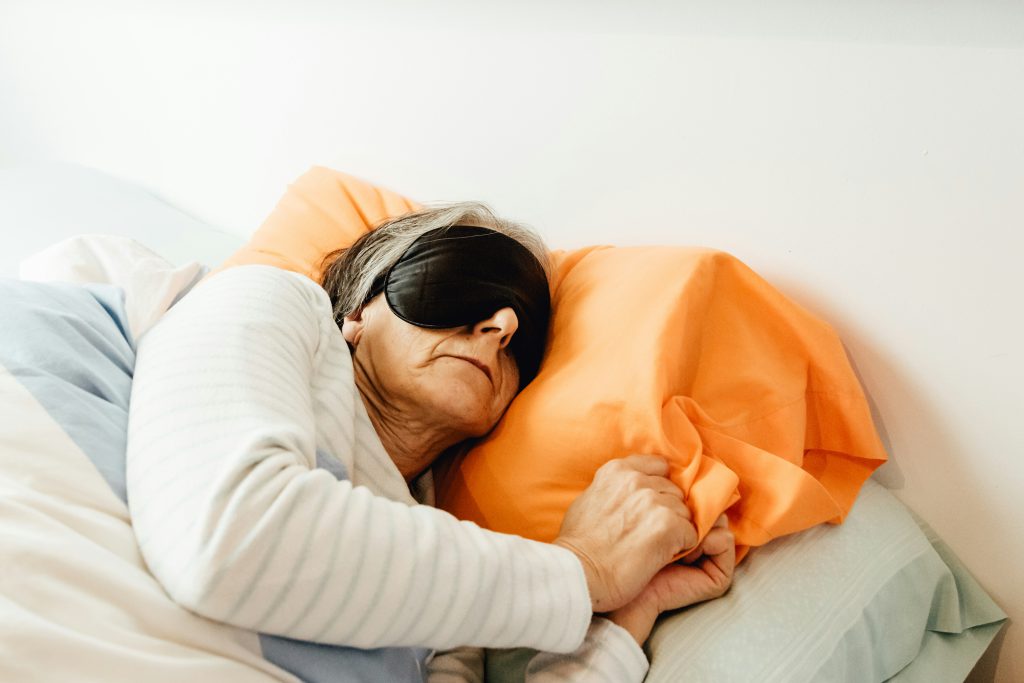Achieving better sleep and why it matters

Sleep or lack of it is a topic that worries many of us, and it seems to get harder to achieve good quality sleep as we get older.
This is a bit of a problem for our health. It’s suggested that as well as contributing to numerous health issues, such as chronic challenges such as diabetes, lack of sleep leads to lack of ability to concentrate and potentially a decline in cognitive ability. Worrying about being unable to sleep can lead to a decline in mental health as well.
Are there answers?
As a chronic insomniac myself – and I’m talking decades of getting up in the night for a cup of tea and a change of scenery for at least an hour – I’ve tried quite a few strategies. I’ve never opted for medical sleeping tablets, and I’ve heard they don’t provide refreshing sleep and can’t be used in the long term as some are addictive.
I’ve tried a sleep app called Sleepio, which made me very tired and then failed just as I was getting somewhere.
I’ve tried some complementary solutions, such as natural sleeping tablets and lavender spray. the tablets definitely had no effect and the lavender just make the bedroom a nicer place to sleep (and you really have to careful where and when you spray it if you share a room). And because complementary solutions are often sold as food products rather than medicines, there is very little thorough research on their efficacy.
But theories continue to abound when it comes to sleep.
Magnesium is often touted as helpful to sleep – but you need to be careful that it doesn’t interfere with other medications. As a diabetic, I’ve been advised against taking magnesium as a supplement, but there are foods that deliver magnesium more naturally, such as dry roasted almonds, spinach, bran flakes, baked potato and kidney beans.
A new 10-year study has found strong indications that consistency in physical activity might be an important factor in optimising sleep duration and reducing the symptoms of insomnia. This physical activity was defined as exercising at least twice a week for more than an hour per week. The study focused on adults up to 67 years old across nine countries.
For more expert help with sleep, trying visiting
- The Sleep Charity
- Every Mind Matters from the NHS

